Three St. Joseph’s University, New York biology majors, supported by funding and a state-of-the-art research center, examined the effects of ocean acidification and harmful algal blooms (HABs) on local fish this summer.
Thanks to a a three-year, $1 million grant awarded by the National Oceanic and Atmospheric Administration (NOAA); and the Summer Undergraduate Research Fellowship at SJNY; students Angel Herrera, Milana Haripersaud, and Kleopatra Garo were able to conduct their research in Stony Brook University’s Marine Research Center at the School of Marine and Atmospheric Sciences in Southampton.
“The grant provided the students with a stipend and supported their lodging at the Stony Brook Southampton campus from July 8 to August 8,” said Konstantine Rountos, Ph.D., associate professor of biology at SJNY, who is a Co-PI on the NOAA grant, along with colleagues from Stony Brook (Lead-PI) and Adelphi (Co-PI) universities.
“The students supported our research efforts and performed experiments in the Marine Research Center,” continued Dr. Rountos, who worked alongside Kestrel Perez, Ph.D., a fellow associate professor of biology at SJNY.
Diving Into Research
For one month, the students researched the effects of the algae Margalefidinium polykrikoides on a local species of fish, Sheepshead minnow.
“To go more in depth, we studied how this species of HABs affects the Sheepshead minnow as an egg, when the seawater is at either a normal or low pH, and this effect on the fish’s development,” explained Haripersaud, a junior majoring in biology and chemistry at the Brooklyn Campus, whose research was funded by the NOAA grant. “When studying the fish’s development, we specifically looked at the body morphology, swim speed, and size of the otolith — a bone that helps maintain a fish’s balance when swimming.”
Haripersaud felt the research lived up to her expectations for the experience.
“Not only did I learn and hone skills in research, like microscopy and cell counting, I was also able to gain some knowledge about pursing a Ph.D. in marine biology, and I learned how to use high-tech equipment,” the Queens resident said.
Herrera, a senior biology major with a minor in environmental studies, credits this experience for helping him figure out what his life will look like after graduating from St. Joseph’s.
“I wasn’t sure about what to do with my biology degree post undergraduate, but now I am more sure that in my future, I will pursue a research-related career,” said Herrera, who attends the Long Island Campus. “I wouldn’t have known I wanted to do this if I didn’t take on this opportunity.”
Confident that his grant-funded research helped prepare him, Herrera now plans to pursue a graduate degree within the area of ecology.
“The knowledge and skills I have gained will most definitely put me on the correct path to a good graduate school and ultimately land me a career in marine research,” the Patchogue resident said.

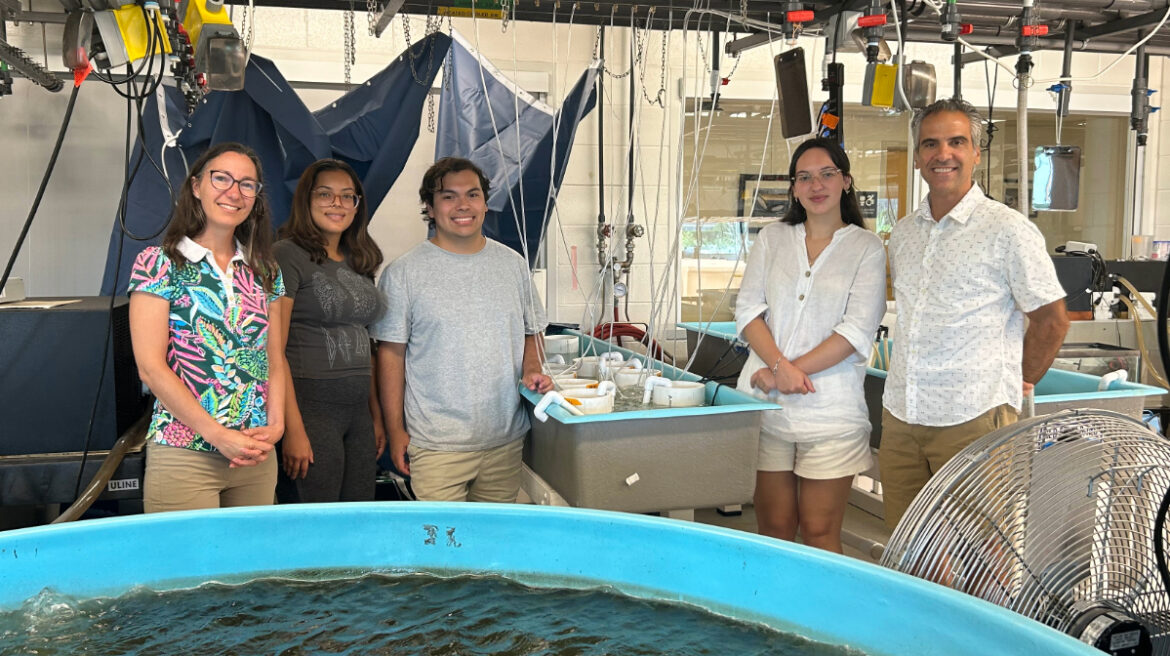
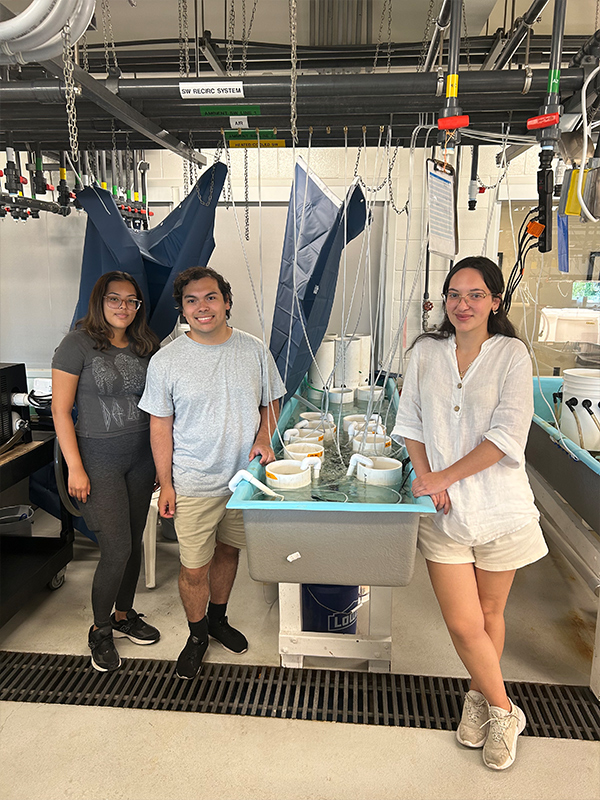
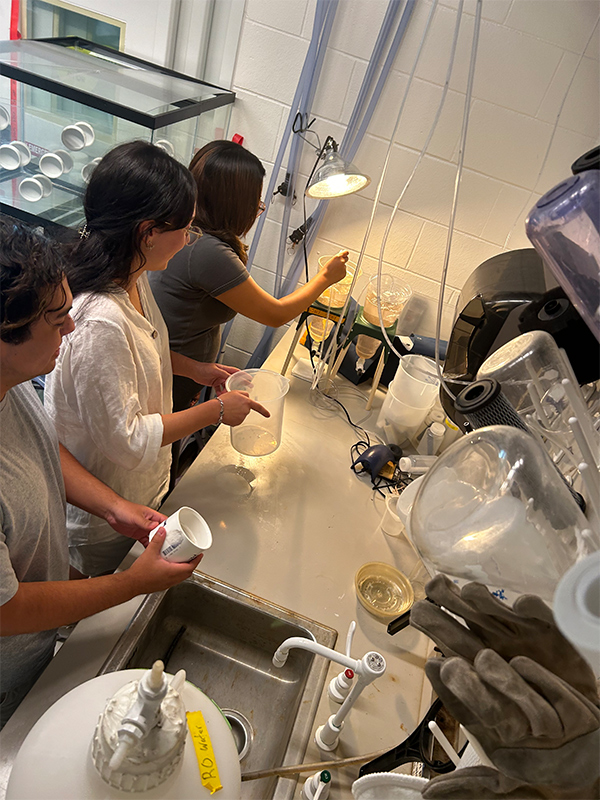
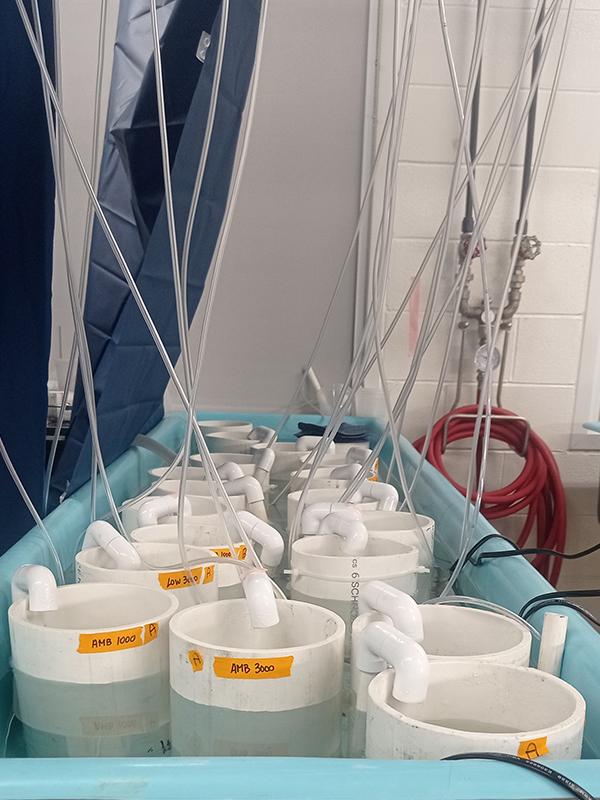
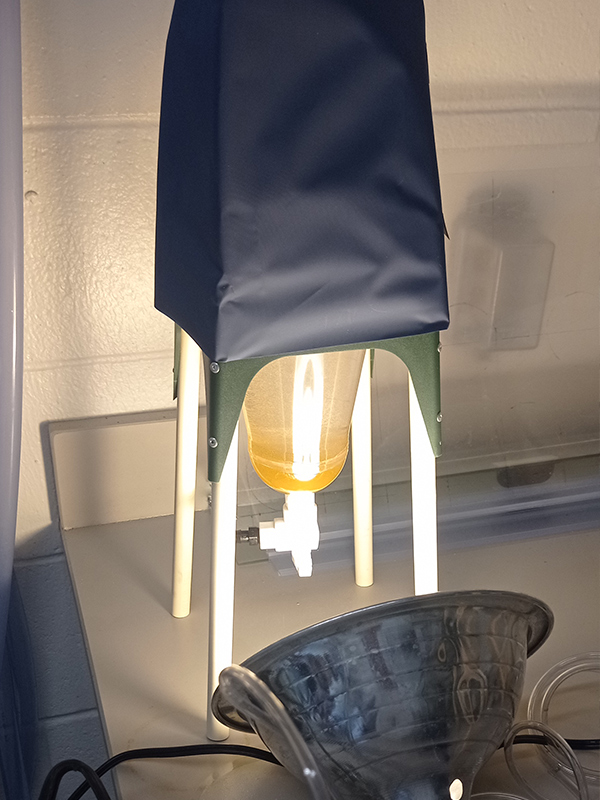
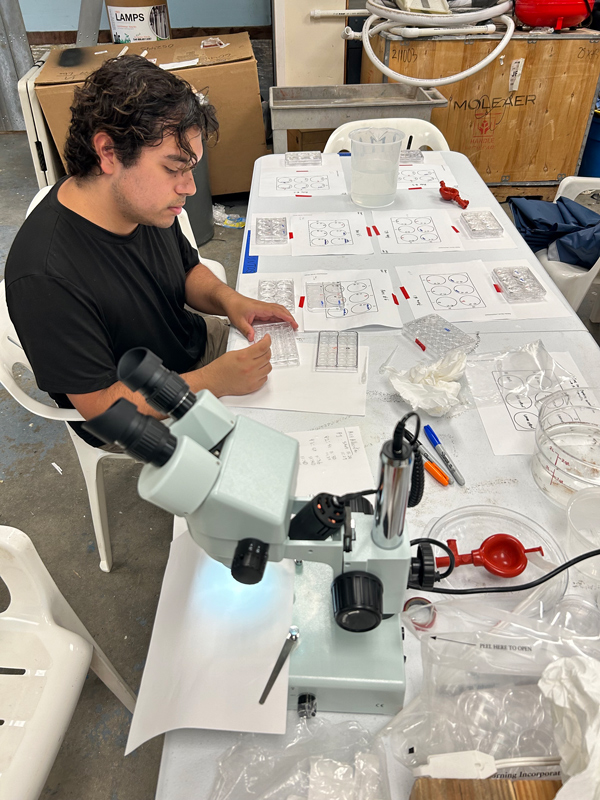
1 comment
Proud of SJNY ’60